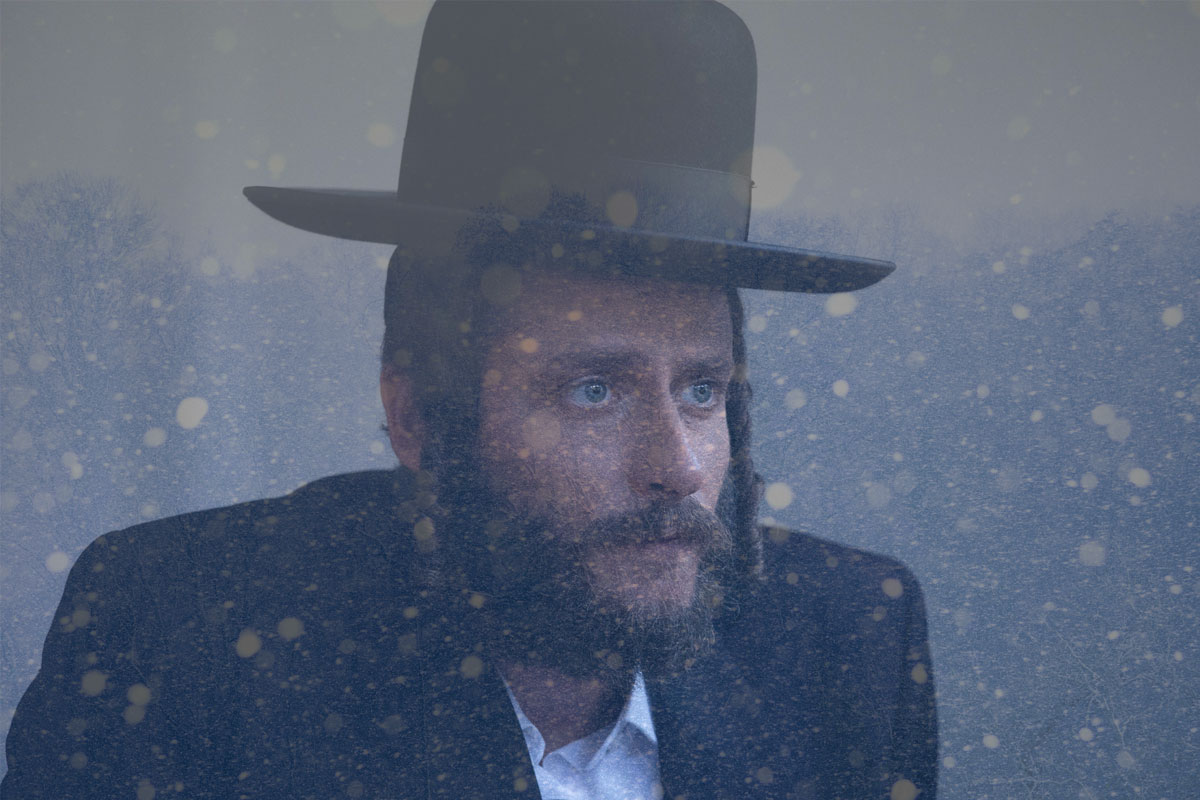On Tuesday my father didn’t pick up the phone. On Thursday night, I had the doorman go check on him. He discovered my father lying on the floor of his apartment, unconscious. After 20 minutes, I received a call from the local police who’d been called to the scene: pronounced dead. I trembled in panic when I heard the news, aftershocks coursing through my body. My dad had probably been dead for several days before we found him. Alone. Undiscovered. Unbreathing. The coroner said he died of a heart attack.
After my parents’ divorce when I was 10, my interactions with my father became much more formalized. Our Sunday visits were structured and planned. I wanted to do nothing, to sing while he played guitar. To hang out and watch television side by side on the couch, leaning into him, smelling his Polo cologne.
Ironically, in the months before his death, my dad would sit on the couch watching television all day, old movies and comedies. He had memory issues and, next to him, he kept a yellow legal pad with all sorts of reminders and notes to himself, and a list of comedians that he liked so that he could watch them again: Woody Harrelson, Owen Wilson, Lenny Bruce.
In the aftermath of his death, like Dad, I turned to the TV for solace. After the funeral I’d wanted to follow some version of shiva, but in New York City in the height of the Covid-19 surge in December 2020, there was little I could do. Friends visited for brief chats in the hallway but no one could sit with me inside. It felt unbearable to be alone. Although I’d wanted to respect the custom of no television during shiva, I could only resist its siren song for a mere 24 hours. So I sat on the couch in flannel pajamas ripped in the rear because they were too tight, eating knishes sent by my former stepmother, while fictitious people comforted me: the Shtisels.
I’d already watched “Srugim,” a soap-opera-type show about Modern Orthodox dating life in Israel. I enjoyed watching real-looking people with bad teeth and little to no plastic surgery, unthinkable on American shows, and even picked up some Hebrew along the way. From there, it wasn’t much of a stretch to “Shtisel.” It was slow and somber, but that suited my mood.
In the absence of family or social support, I adopted the Shtisels. Or maybe it was the other way around. It was both escapism and an immersion into a version, albeit pretend, of Jewish culture and tradition that was equal parts foreign and familiar. In the early episodes, Akiva Shtisel and his widowed father are mourning. Their long faces, the mournful music – even the nagging and bickering – enveloped me like a comforting blanket, transporting me to another place for a brief respite from my own grief.
What really drew me in was the sound of Yiddish, a soothing balm to my frayed nerves. I discovered the Hebrew origins of words that I’d only ever heard in Yiddish, like “mishpucha” – family. The show was a portal back to my ancestors, to a family lineage that had preceded me for generations and would continue on through me and my daughter. Language aside, the way my father spoke, the forcefulness of it – a New York Jew through and through, despite not having lived there for decades – was eerily similar to the way the Shtisels spoke.
After a week of sitting shiva with the Shtisels, I debated going back to work, as would have been standard. I realized I could allow myself another week to recover from the sudden shock of my father’s death before re-entering the world of responsibilities and expectations. I also realized that we live in a grief-illiterate society; there was so little I understood about my grief and so little that people, even friends, could help me with. All I could do was let the tides of grief take me where they would without pulling me under. “Shtisel” provided some relief in the precious moments where I could catch my breath.
I continued with “Shtisel” until I’d finished all of the episodes. I watched as Akiva made his way through his grief in his own awkward, quirky way. How he pursued Elisheva, another grieving character; how he fell for his cousin, Libbi, and how he was forced to mourn her, too, while caring for his baby daughter. All the while, my life – and grieving process – continued, alongside his. A month after my father died, my daughter started preschool; in March, I started a new job; in June, we were house hunting outside of Washington, D.C. and in August, we moved.
“Shtisel” is just another show that I watched to completion, and yet it’s so much more – it became a lifeline to both my past and my future. I had no idea how to ride the waves of my grief; I tethered myself to the show so that I wouldn’t drown. It comforted me as my grief changed from tragedy to melancholy to bittersweetness. My love for my father hasn’t gone anywhere, it has simply changed in nature. With time, I’ve learned to live with the loss.








